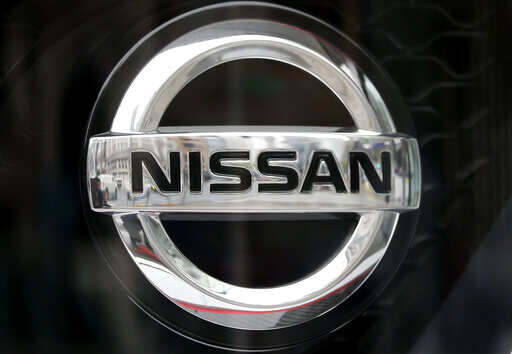
By Pete Sweeney
HONG KONG: Nissan is accelerating in the wrong direction. The Japanese carmaker slashed its forecast annual operating income almost one third on Wednesday, the second such cut in months. It’s a worrying sign that the scandal surrounding ex-chairman Carlos Ghosn is distracting boss Hiroto Saikawa as he tries to tackle older, deeper problems.
The Yokohama-based company’s first wrong turn in February left a scratch. In that month the $34 billion carmaker reduced its predicted operating income for the financial year ending March 31 by about 17 percent to 450 billion yen ($4 billion). That was not too surprising given the disarray that ensued when Ghosn was removed, and thrown in jail, on charges of financial impropriety. He denies any wrongdoing.
Either way, now Nissan expects a deeper dent, shaving another 30 percent from its pessimistic February forecast to 318 billion yen – which would mark a little over half of 2017’s actual full-year figure. The company laid most of the blame on expensive warrantee extensions covering transmission components impacting 3 million U.S. vehicles. But Nissan also says that the Ghosn scandal damaged sales in Japan.
It probably dented enthusiasm for the brand in Europe too. The spectacle of the French-Brazilian corporate icon, held in an unheated cell for months on end while Tokyo police tried to extract a confession, played poorly on the continent.
The crisis, pulling in officials from the French and Japanese governments due to Nissan’s troubled alliance with Renault, has understandably slowed decision-making. Quality control issues and strategic errors, such as subsidised sales in the U.S. market, will take time to address given the vastness of the carmaker’s operations.
Even so, many of these issues were visible in February, including U.S. consumer dissatisfaction with the company’s car transmissions. On top of everything else, now investors have to worry about Nissan’s ability to accurately measure its crisis.